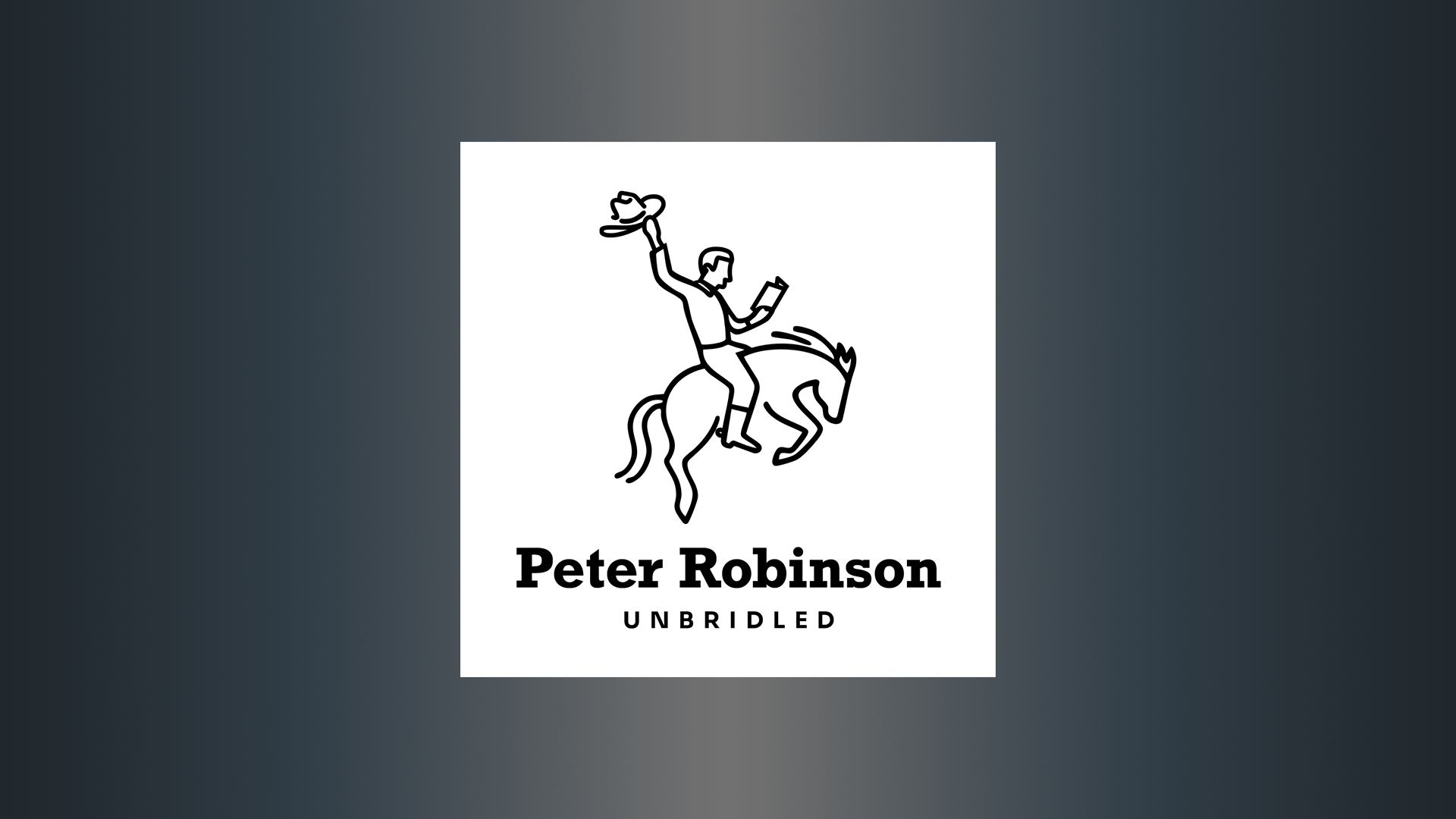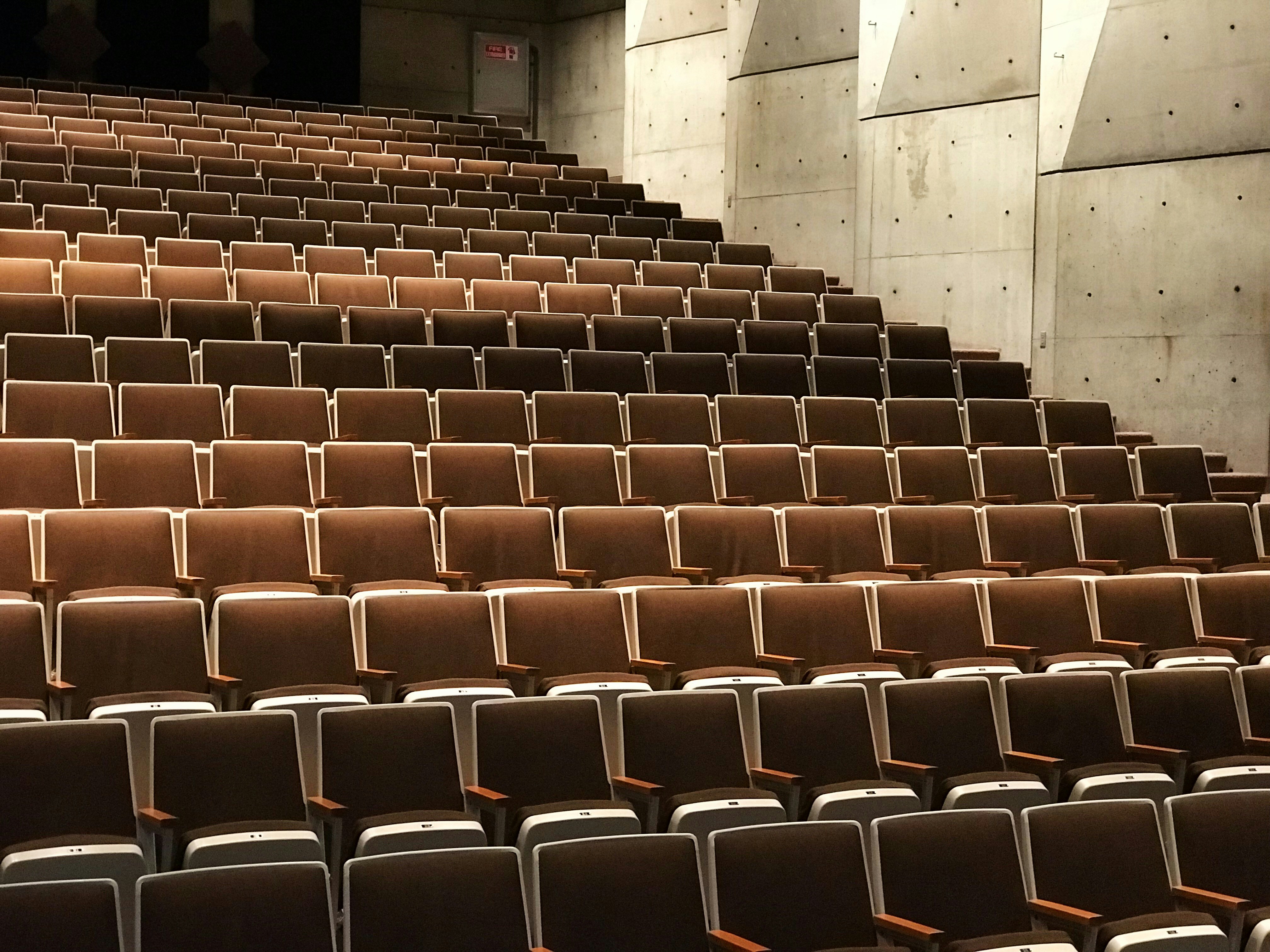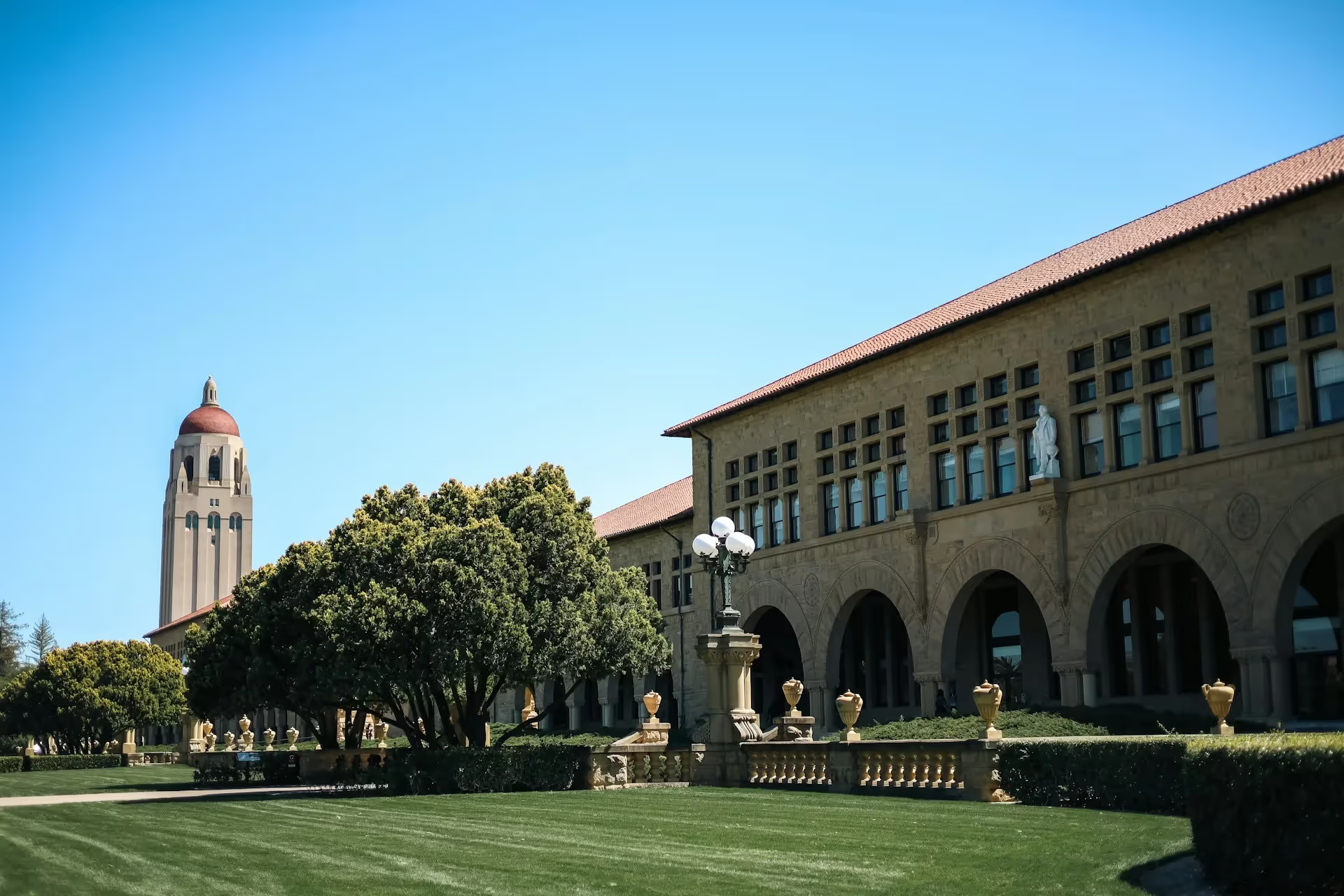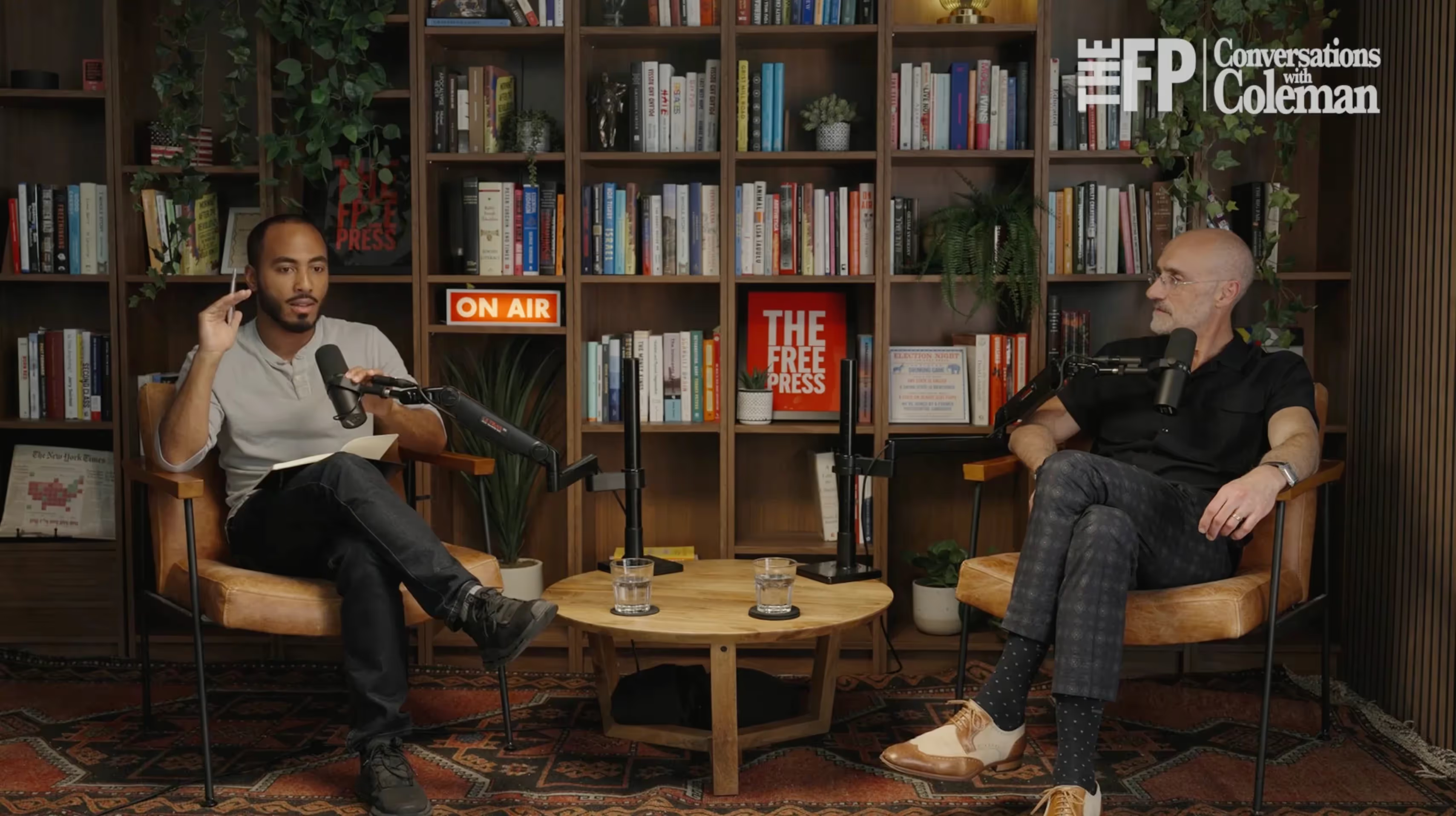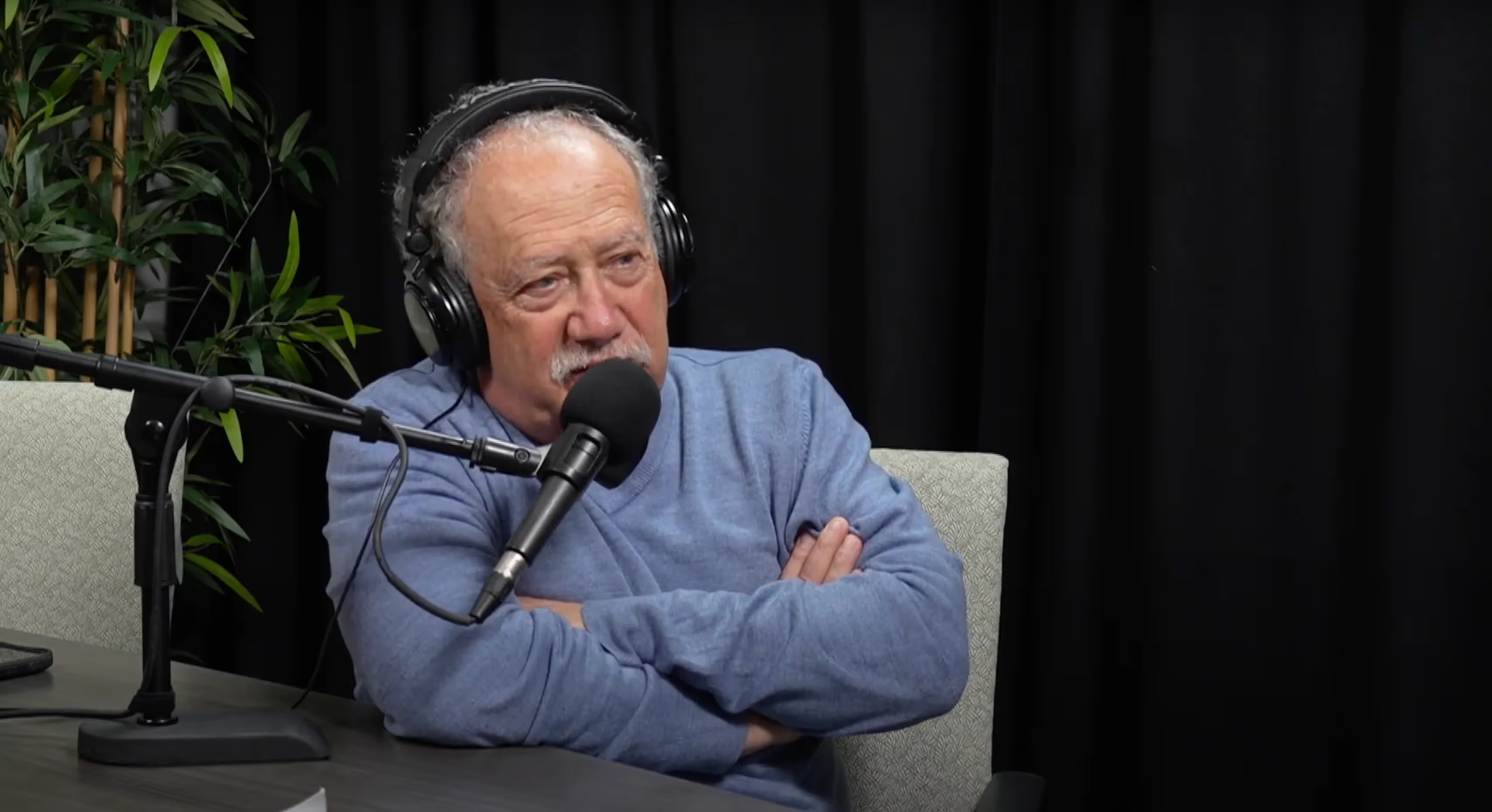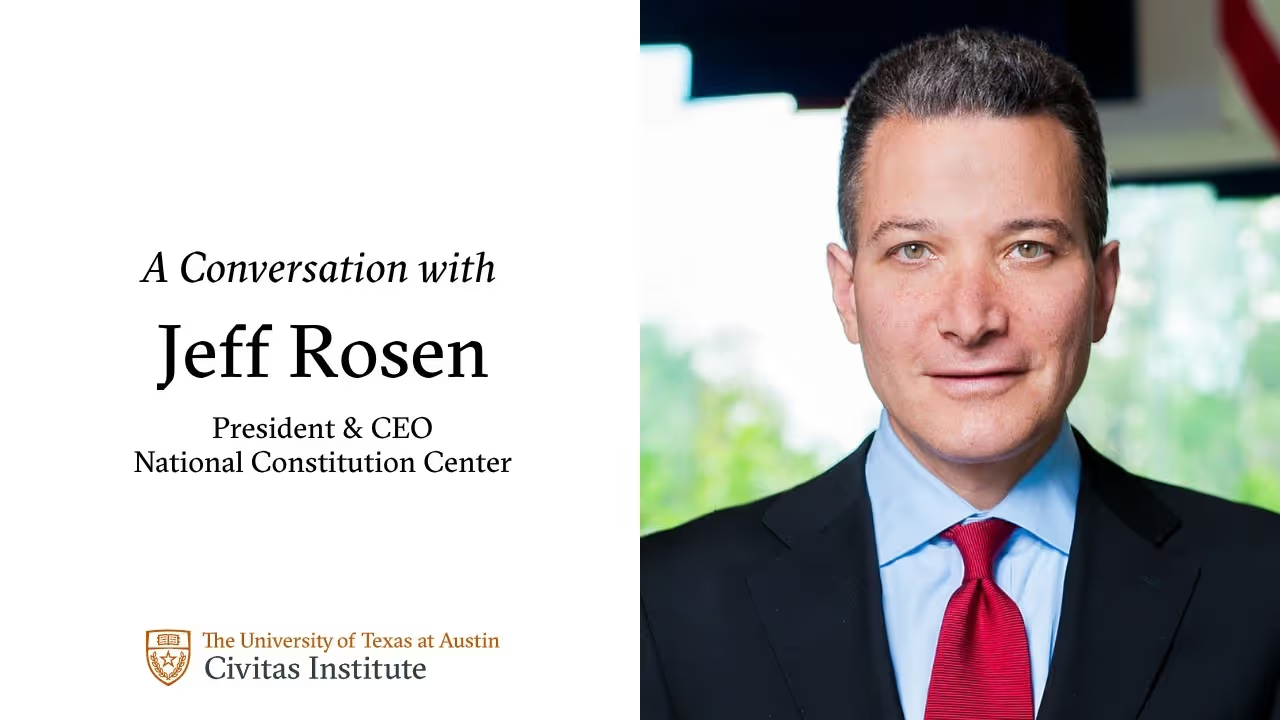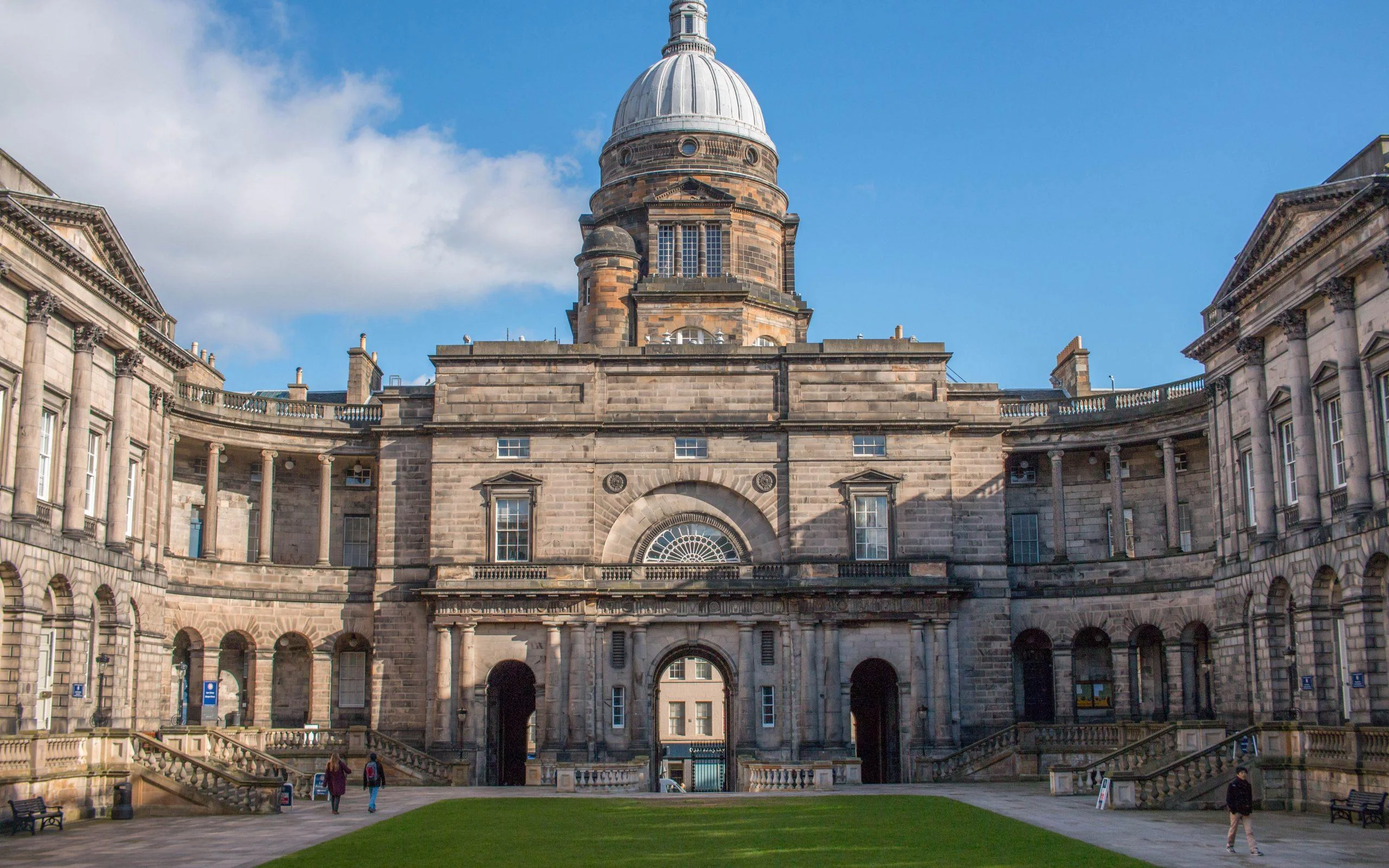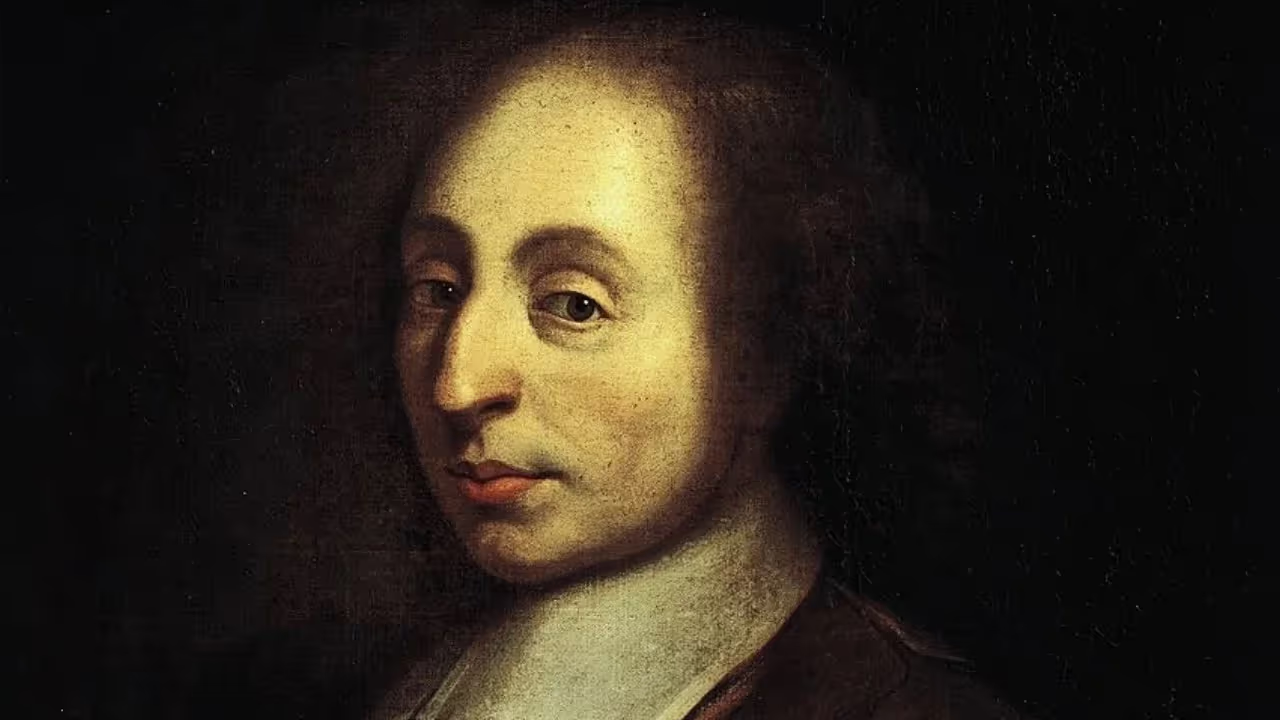
Pascal's Diagnosis of the Modern Soul
How does Pascal address the challenges of modern philosophy?
The greatest political scientist in America, and thus the greatest intellectual, is undoubtedly Harvey Mansfield. No one else has attempted or achieved as much when it comes to making sense of American life, especially politics, and arranging history and thought in such a way as to become instructive, useful, and pleasant to the readers. A similar attempt and comparable accomplishment has only occurred, in our times, in one other place, France, whose greatest extant thinker is Pierre Manent. Manent has written on the philosophers who made the French think, the politics of liberalism that has made modern France, and also on the great catastrophe of thought and politics of our times. Such writers are doctors to their countries, speaking of political health and sickness, offering a medical education, and inviting their readers to work out the needful treatment.
More recently, Manent has attempted a return to the origin of modern France, which is closely connected to the origin of modern life as such. In 2014, he published a study of Michel Montaigne, Life Without Law, the first French philosopher, the originator, in the 16th century, of a gentle atheism and of the type of man who thrives in that way of life, a private life, rather than a political or spiritual life, a somewhat comedic humanism, contemptuous of our enthusiasms—a daring stance in the era of the wars of religion. In 2022, he paired it with a study of Blaise Pascal, now published and translated in America, Challenging Modern Atheism And Indifference: Pascal’s Defense Of The Christian Proposition (2025). Pascal is the only major French thinker to have dedicated himself to the reform and defense of Christianity in the modern world, no less impressive a stance in the middle of the seventeenth century, at a time when the modern science of nature, materialist and atheist, triumphed.
What good is this to us? In America, we have largely forgotten the affection that should still bind us to the French, both because of their alliance in our War of Independence and because of the significant influence of the French philosophers, especially Montesquieu, in educating our own Founders. There is, further, the gratitude we owe Tocqueville for his Democracy in America, the only major work of philosophy to give, so to speak, immortality to our country, and the friendship of the two major modern republics—as the Statue of Liberty is a signal of the reasonable pride we take in our republic, it would be contemptible ever to forget that it is a gift, perhaps a sign of admiration, from the French Republic.
As with the eighteenth and nineteenth centuries, so also with the twentieth, in which Americans and Frenchmen fought together in the cause of a decent liberty, against hysterical tyrannies, and, one hopes, the twenty-first, since we are still beset by dangers internal and external. Indeed, we feel the threat of civilization decaying into barbarism every day. To love what is great in France, see what we share in common, and remember gratefully our allied efforts that humanized us and helped us defend ourselves.
Since it is very difficult to define love apart from knowledge, it would be easier to follow Manent through his essay, which comprises ten chapters, as well as an introduction and conclusion, and highlight some of the valuable insights he offers. Manent introduces his investigation by pointing out the historical destiny of Christianity, spreading from the Mediterranean basin into Europe and then the Americas. Now, when Christianity can confront the whole world, it seems to be dying out where it started. This strange situation points to us the origin of this worldwide expansion, early modern Europe, out of which came the greatest empires. Those empires are based on two powers, one technological, the other spiritual, philosophy and Christianity. Pascal, who lived his short life from 1623 to 1662, was the most outstanding scientist among the Christians, or vice versa. He helped create modern science and its technological application, but he also saw the way it threatened to destroy humanity. Consequently, he attempted to bolster faith in Christ.
Manent must face three related difficulties in making the case for Pascal’s attempt to reintroduce modern man to Christ. First, there are the difficulties concerning Catholicism, still far the major part of Christianity, but whose history and meaning are largely forgotten to Manent’s twenty first century audience. Manent puts Pascal in the context of Anselm of Canterbury and Thomas Aquinas in chapter 3, as well as of Pascal’s adversaries in the theological and political debates of the seventeenth century, the Jesuits. Of course, the Reformation is also part of that context. Pascal then considered the attempt of the Catholics to reform without Luther. That part of the argument is important, vital for Catholics today, but also interesting to those of us who aren’t Catholics, too, since we can learn to judge the historical difficulties of Christianity.
Manent, indeed, intends it so. His first chapter is an examination of Pascal’s anti-Jesuit pamphlet, the Provincial Letters, which Manent considers as providing a way to deal with the incredibly corrupt intellectual situation in which we find ourselves today, in which humanitarian or Progressive moralism exalts crime while at the same time demanding the right to flatter the most tyrannical elite politics, as the Jesuits did in Pascal’s time. Through this confrontation, Manent restores the concern for guilt and repentance at the core of Christianity, which Pascal tried to put together with a sustained reflection on the slavish character of human beings, and thus to begin to restore the Christian teaching on virtue not in a historical but in a living way. In our times, that would mean turning churches from museums or “community centers” back into houses of worship.
The second difficulty is the excavation of the origins of modern philosophy in chapters 4-5, which deal with man’s nature, cosmic situation, and political predicament. Pascal confronted the heavyweight minds of his time, Machiavelli, Hobbes, and Descartes. Immediately, we realize the gravity of the disproportion, since if these are the architects of, so to speak, our prison, we are hardly likely to escape it, even with Pascal’s help. What can he do against such authorities with such remarkable reputations and, more importantly, endless legions of followers? I almost want to say that it is a mark of Manent’s unique combination of delicacy and sobriety that he does not call Machiavelli, seen through Pascal’s eyes, anti-Christ. One advantage Pascal has is a reluctance to engage in abstractions to model, indeed, to construct experience, not to say humanity. The power of those abstractions is inseparable from the class of intellectuals making our decadence ever less bearable with their bothersome jargon so despotically overspreading our lives, ever preventing us from living like human beings. Unlike Pascal’s quick way of cutting to the core of human affairs, indeed to the depths of the human heart, we’re stuck with endless theorizing coming from ideologues trying to explain away that very heart, which is then turned into models, regulations, best practices, standard operating procedures, and any number of other obstacles to self-understanding.
The third difficulty concerns the cultivation of individuality, which we hold in opposition to other associations, whether practical or technical, political or spiritual. Manent, in chapter 6, puts Pascal in the context of the French thinkers who followed him, especially the great apostle of sincerity, Rousseau. This introduces the main French quarrel between an atheist, materialist left versus a passionate, Christian right, that introduces us to a greater conflict concerning humanism—what is the self, the human whole of body and whatever else there is which is not the body. Should we understand human things in light of the holy God of the Bible? Rising along with Jesus Christ, whose followers obeyed as God because they saw the crucified man resurrected? Or should we understand human things in light of something obvious? Descending instead to the animal life from which we must understand ourselves to have come? Humanism on a human basis isn’t possible, given the endless uncertainty of human affairs—so much in our lives changes, so many changes affect entire peoples or the entire world, that there simply isn’t enough stability or certainty to form judgments. So you either go up to the divine, in order to understand human aspirations, or down to the bestial, to find the material out of which you model man—the passions.
Pascal’s Christian conviction gets its power from this willingness to face the practical issue. You are alive, you must die, therefore the urgent thing is to decide what life is worth living. “You are embarked,” he says. The luxury of indifference is a kind of suicide pact, in reality, a deferral of responsibility caused by the mirage of certainty of things far beyond the horizon; then again, a hasty, mistaken decision or choice could be catastrophic. That possibility is never fully considered. Witness the delusions of intellectuals who believe they can rearrange human existence—these are not wise men but madmen. We must therefore begin again with a scrutiny of our interiority, to face the neediness underlying that arrogance, lest we turn to despair. What but God can answer that need?
How does Pascal address the challenges of modern philosophy? There is much to be said for his political thought, which is anti-revolutionary, but he doesn’t seem to have been interested in educating politicians in the education he had to offer in the Three Discourses. In contrast, his adversaries exercised enormous influence, since it accorded with the bent of their thought to acquire popularity and introduce propaganda into public life. Aside from this practical weakness of Christianity, which we still see today, a certain lack of interest in politics, or a distance from the dirty work it involves, there is the theoretical problem: Who thinks Aristotle is less wise than Pascal? Only some Christians—indeed, Catholicism once based much of its teaching on interpreting Aristotle’s philosophy. On the other hand, Aristotle is almost forgotten, even by most Catholics. So, the conflict between modern philosophy, Pascal, and ancient philosophy resembles one of those negative-sum games we often hear about, or lose-lose situations. It’s hard to achieve more than a mutual discrediting; it's very hard to establish a claim to wisdom that could guide action.
Finally, in chapters 7-10, Manent undertakes the task of interpreting the Gospels as guided by Pascal, to present a positive case for the wisdom that depends on humility. It would be against the spirit of the essay to summarize this part—I will only say that it is a remarkable attempt to show us the coherence of the sacrificial act in which we see primarily Christ’s divinity, enduring a suffering, which includes injustice, betrayal, and abandonment, which no merely human being could endure.
Manent’s Pascal is a proposal for a focal point for European history where ancient science and Christianity, as well as modern science and the decline of the church intersect in his life, a brief 39 years. Among other things, this meant that Pascal’s major work, Pensées, or the Thoughts, was left unfinished. Pascal has indeed some special dignity, alluded to by the famous remark of Tocqueville, that he thought himself to death early, as though the effort to solve the human question rested on his shoulders. As Tocqueville suggests, since this intensity and seriousness are almost entirely lacking among us, Pascal’s example is useful to us, maybe needful. With Manent as a guide, we can begin to make sense of that life of struggle and come to see what Tocqueville meant.
I could not conclude without mentioning the translator, Paul Seaton, and the author of the foreword, Daniel Mahoney, who could be called Manent’s literary agents in America, if they were not also his friends. I point to them to show how an intellectual friendship, based on learning as well as on taste, could be reforged between America and France; they have done excellent services with unusual modesty, which is a sign of the inherent delights of the life of the mind. To think through our modern turmoil, or our situation as human beings, is not to lose our wits, at least in the company of such guides.
Titus Techera is the Executive Director of the American Cinema Foundation and a culture critic for think tanks including Liberty Fund and the Acton Institute. He teaches in the Manhattan Institute Logos Fellowship and is a Visiting Fellow at the Mattias Corvinus Collegium in Budapest.
Pursuit of Happiness
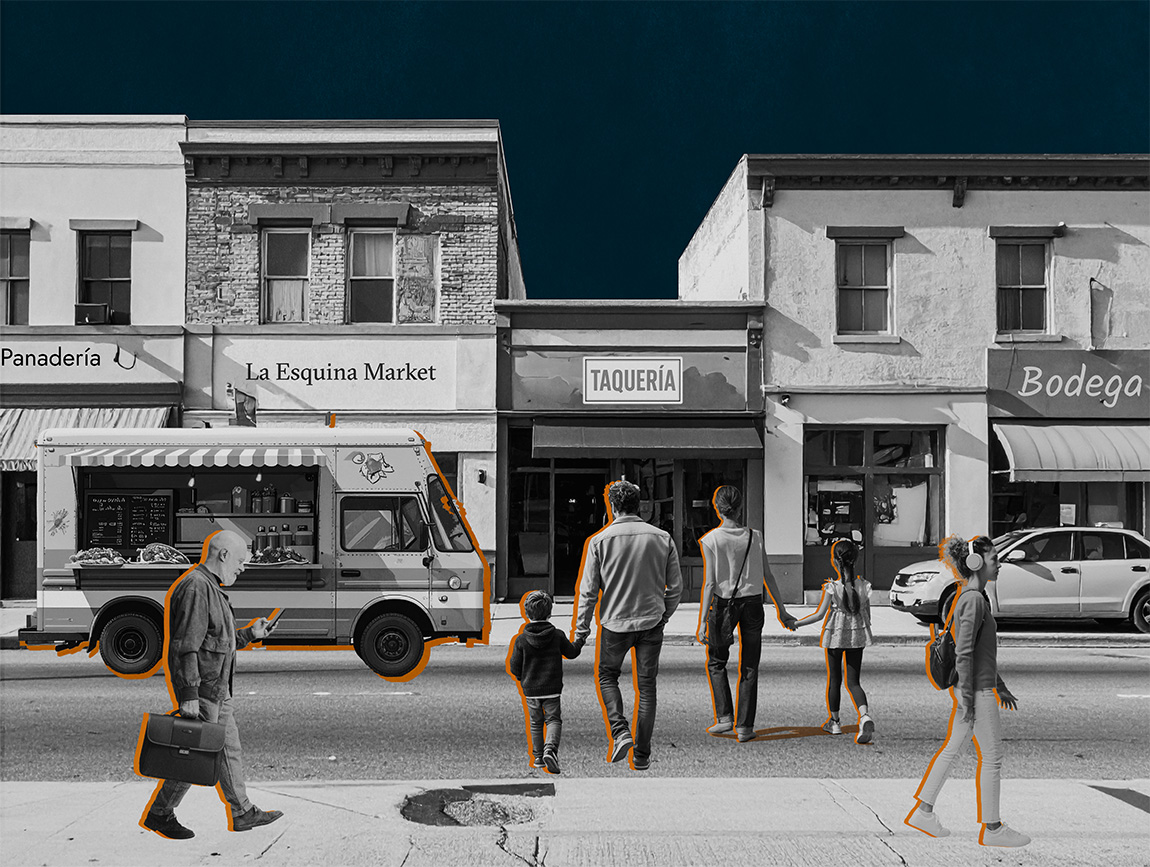
The Rise of Latino America
In The Rise of Latino America, Hernandez & Kotkin argue that Latinos, who are projected to become America’s largest ethnic group, are a dynamic force shaping the nation’s demographic, economic, and cultural future. Far from being a marginalized group defined by oppression, Latinos are integral to America’s story. They drive economic growth, cultural evolution, and workforce vitality. Challenges, however, including poverty, educational disparities, and restrictive policies, threaten their upward mobility. Policymakers who wish to harness Latino potential to ensure national prosperity and resilience should adopt policies that prioritize affordability, safety, and economic opportunity over ideological constraints.
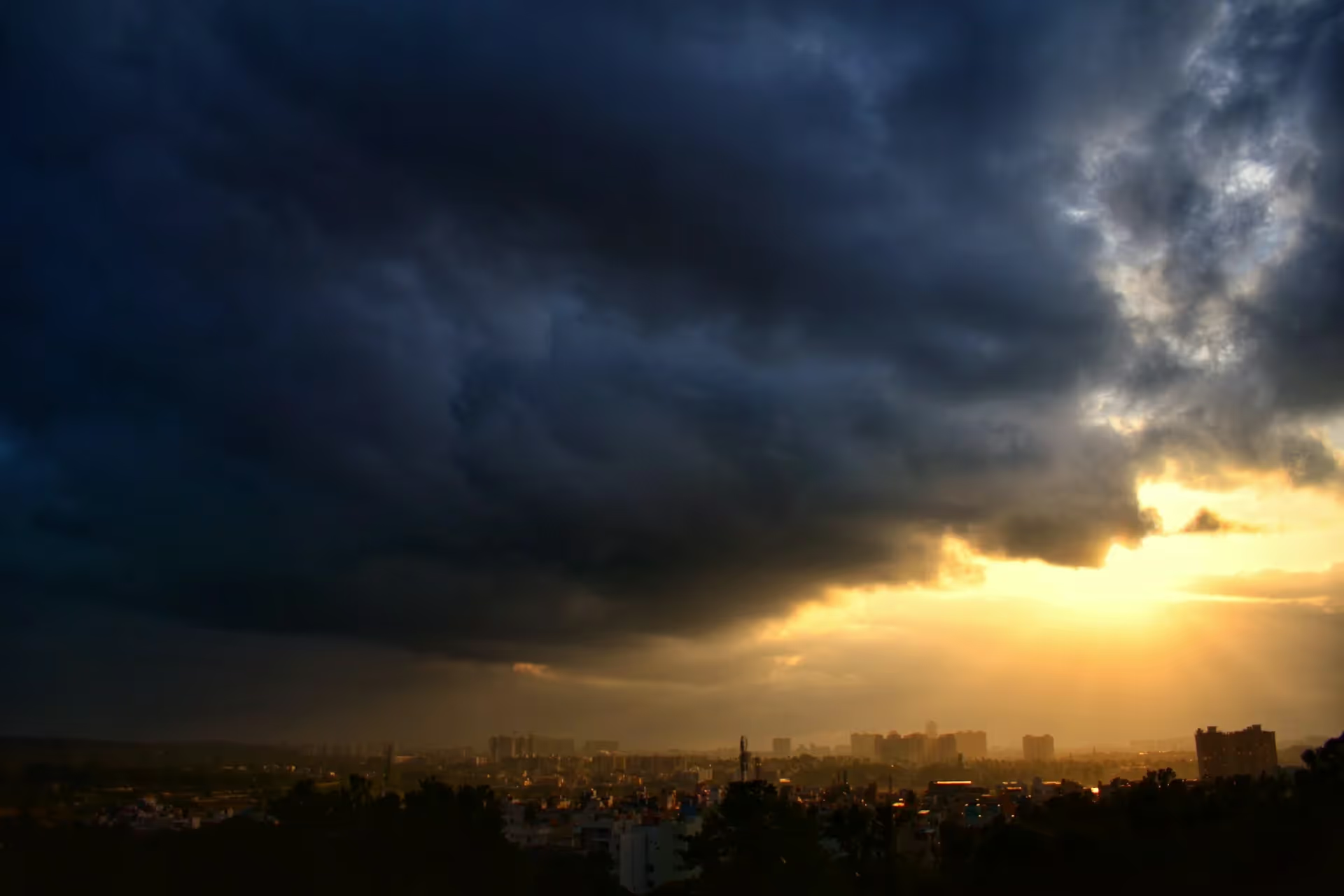
Exodus: Affordability Crisis Sends Americans Packing From Big Cities
The first in a two-part series about the Great Dispersion of Americans across the country.

The AI Future: Between Certain Doom and Endless Prosperity
AI continues to become more complex and sophisticated, but public policy solutions do not.
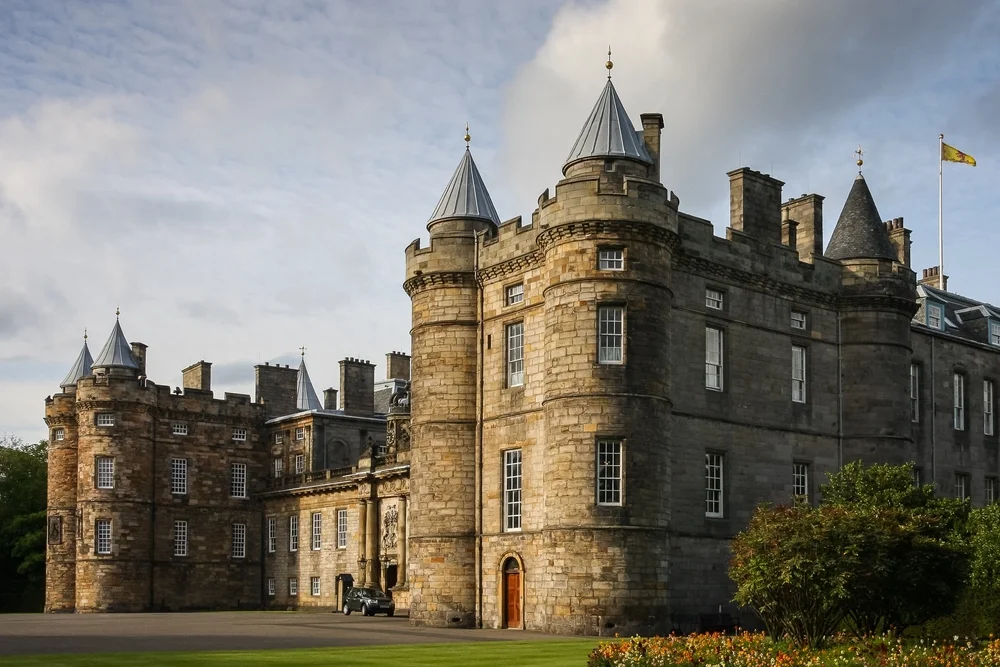
The Castle, the Cathedral, and the College
Our civilization struggles to explain why anything should command allegiance beyond preference or power; its remnants echo a grandeur now distant.





